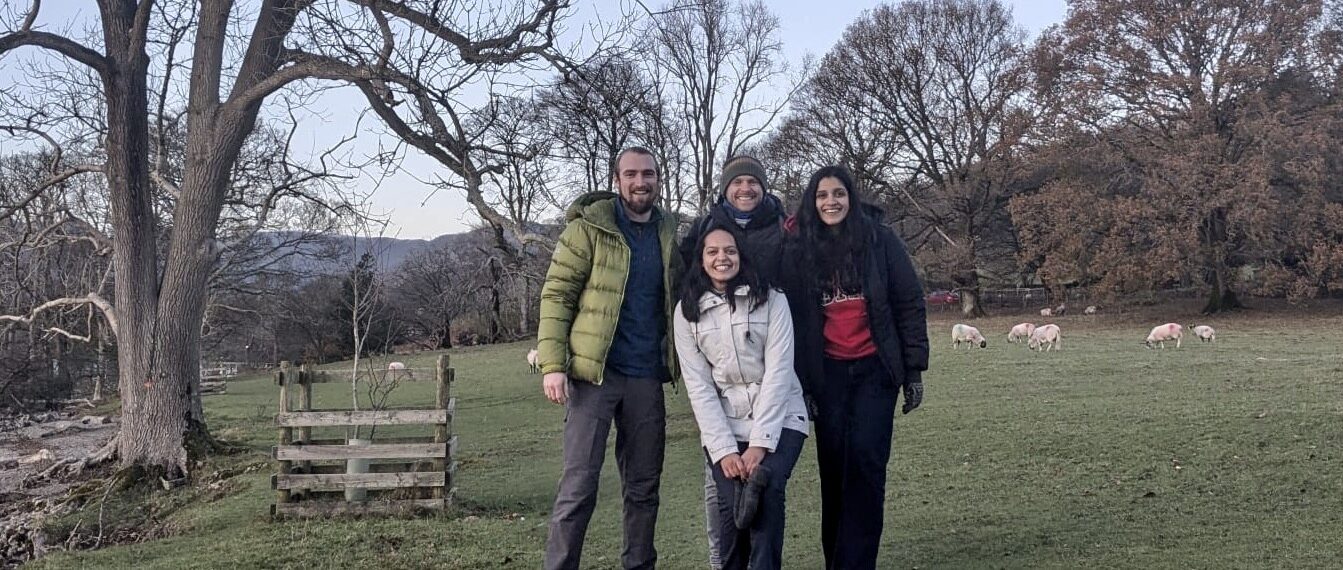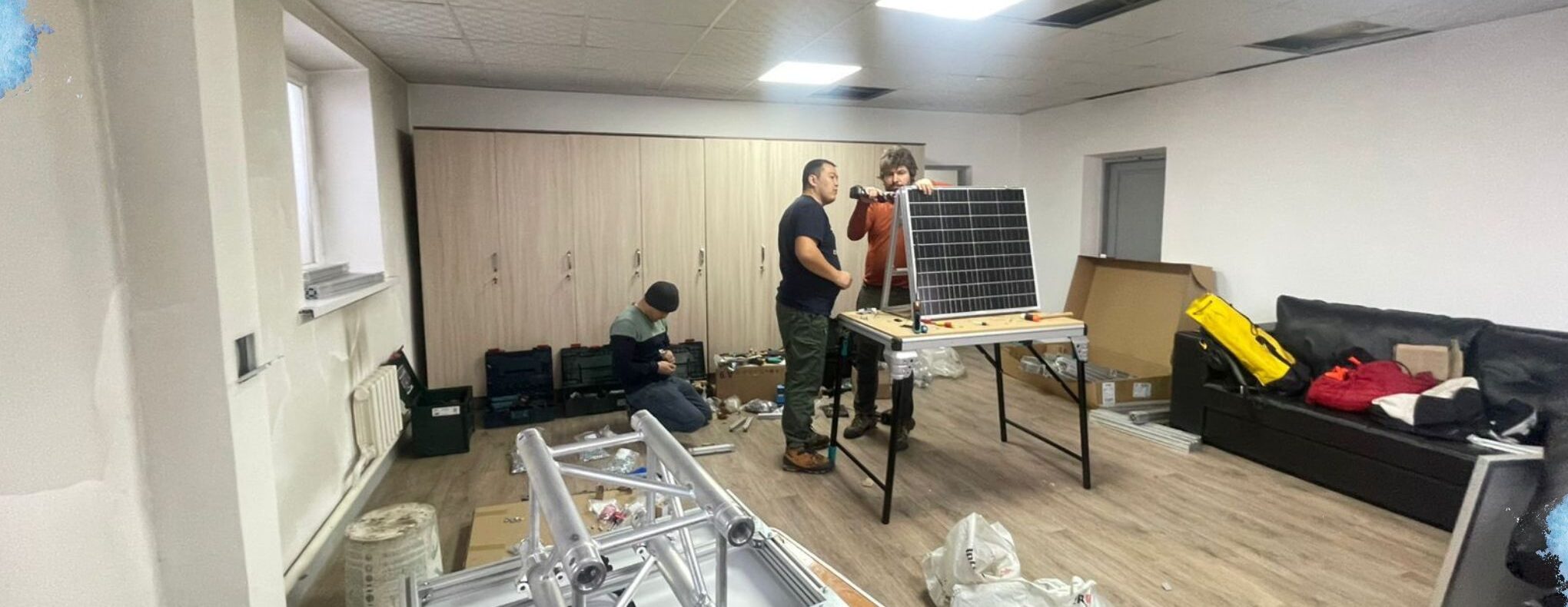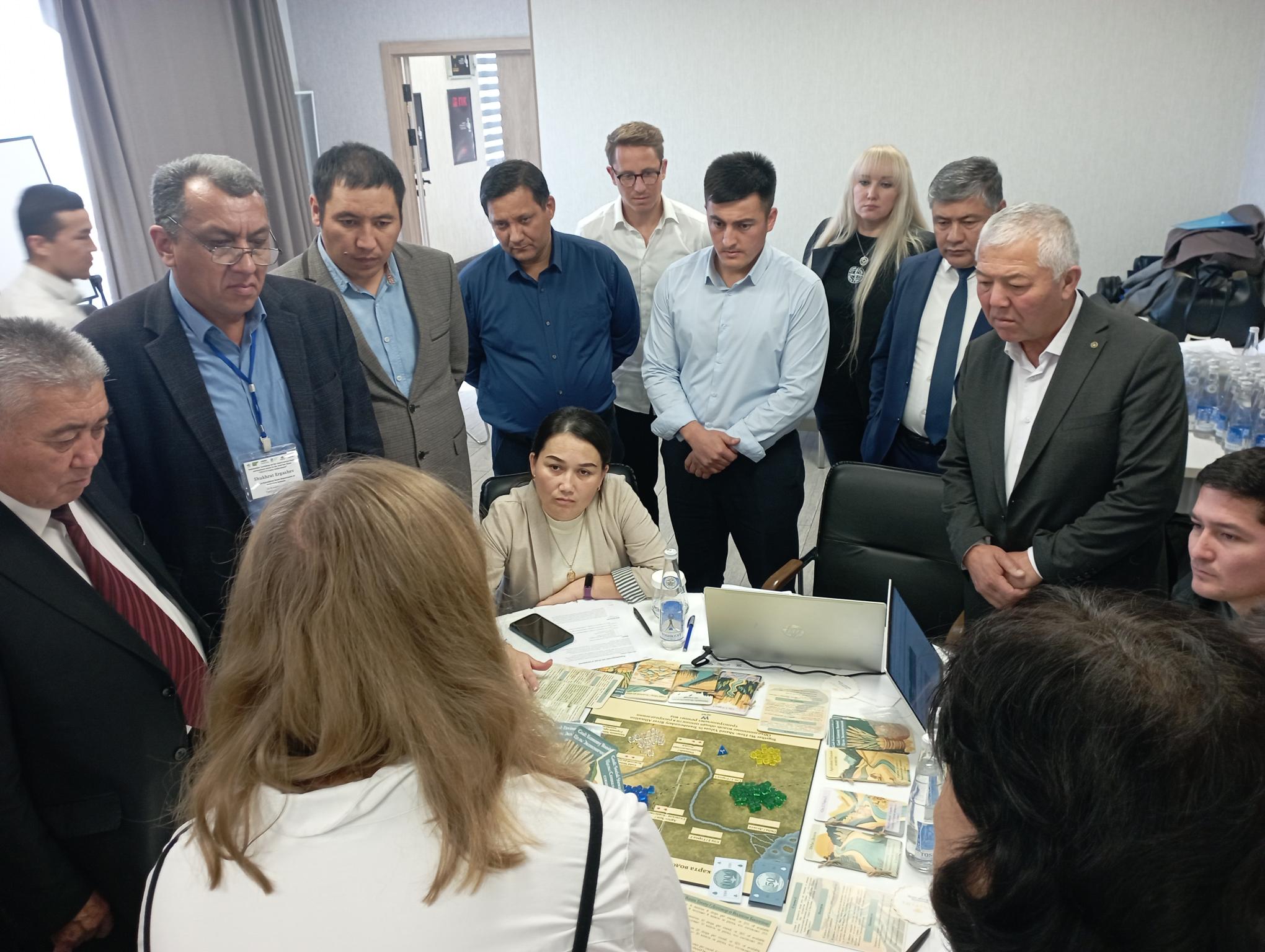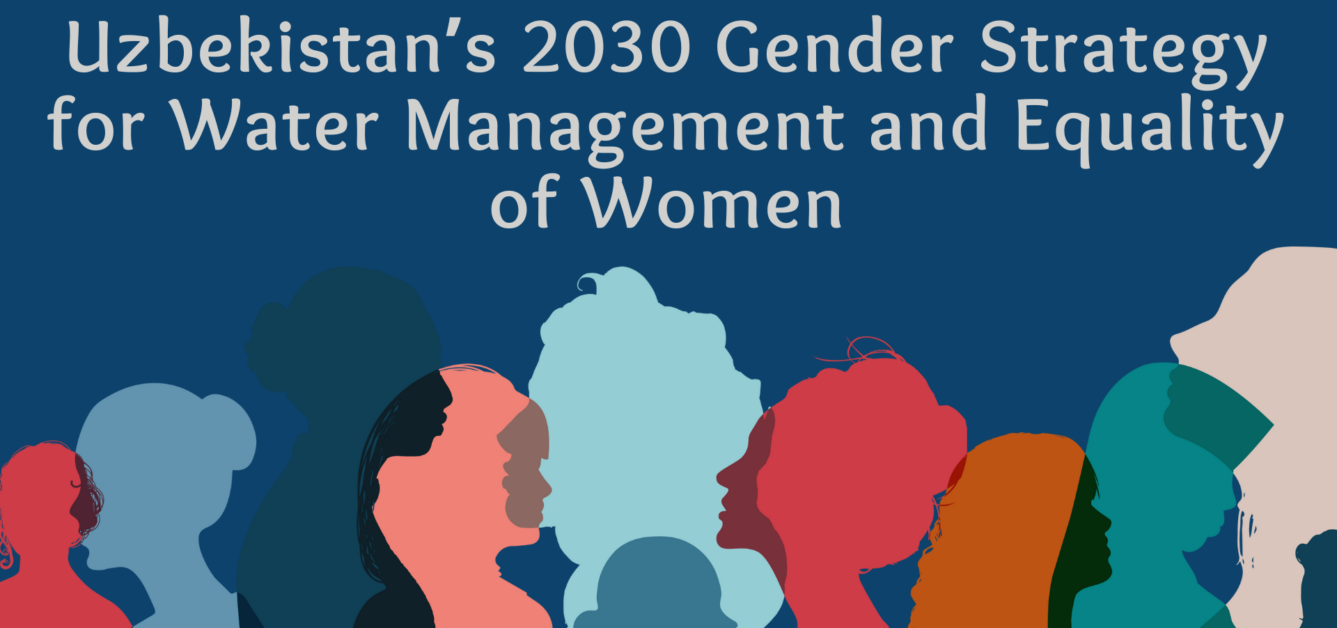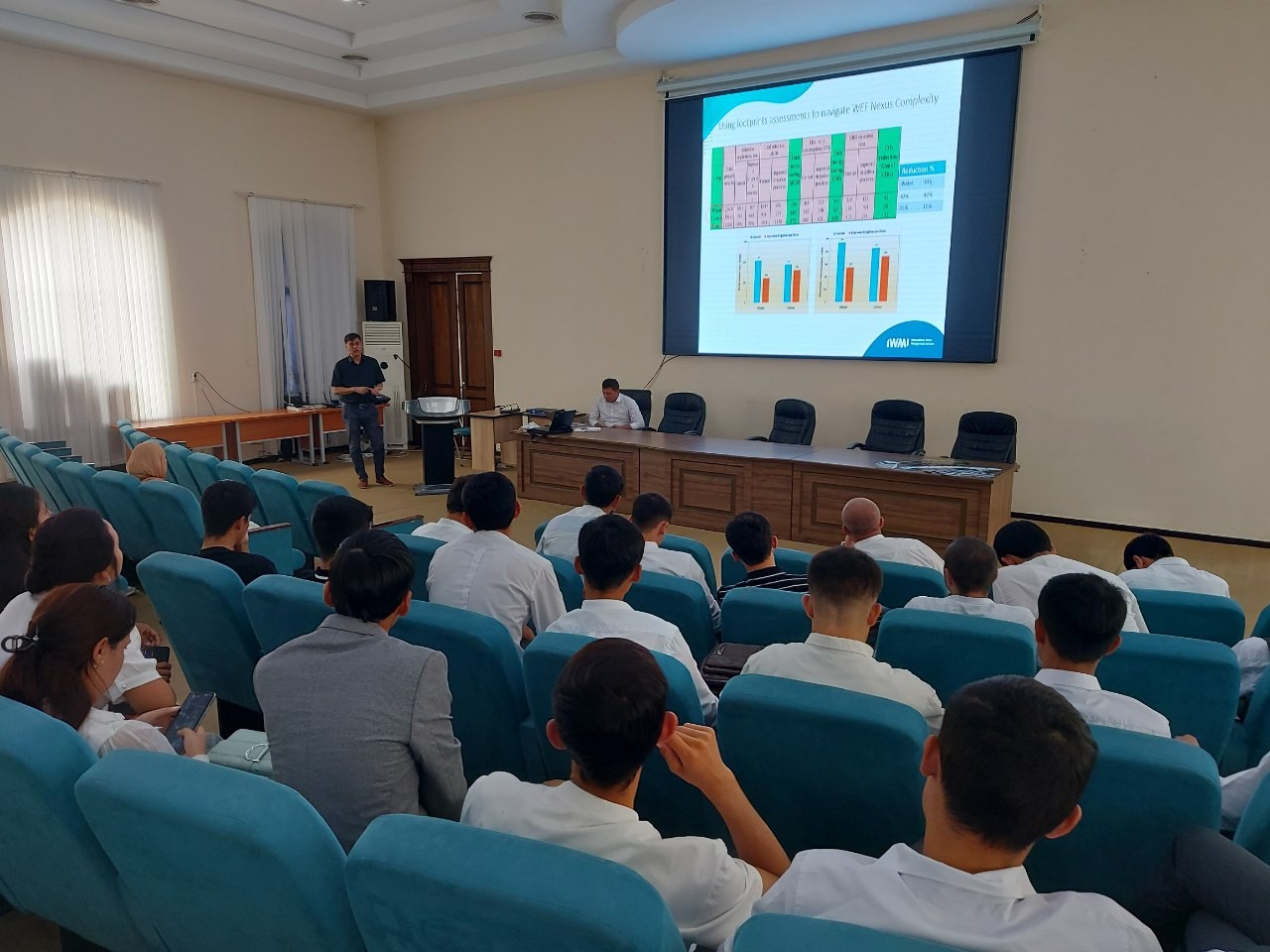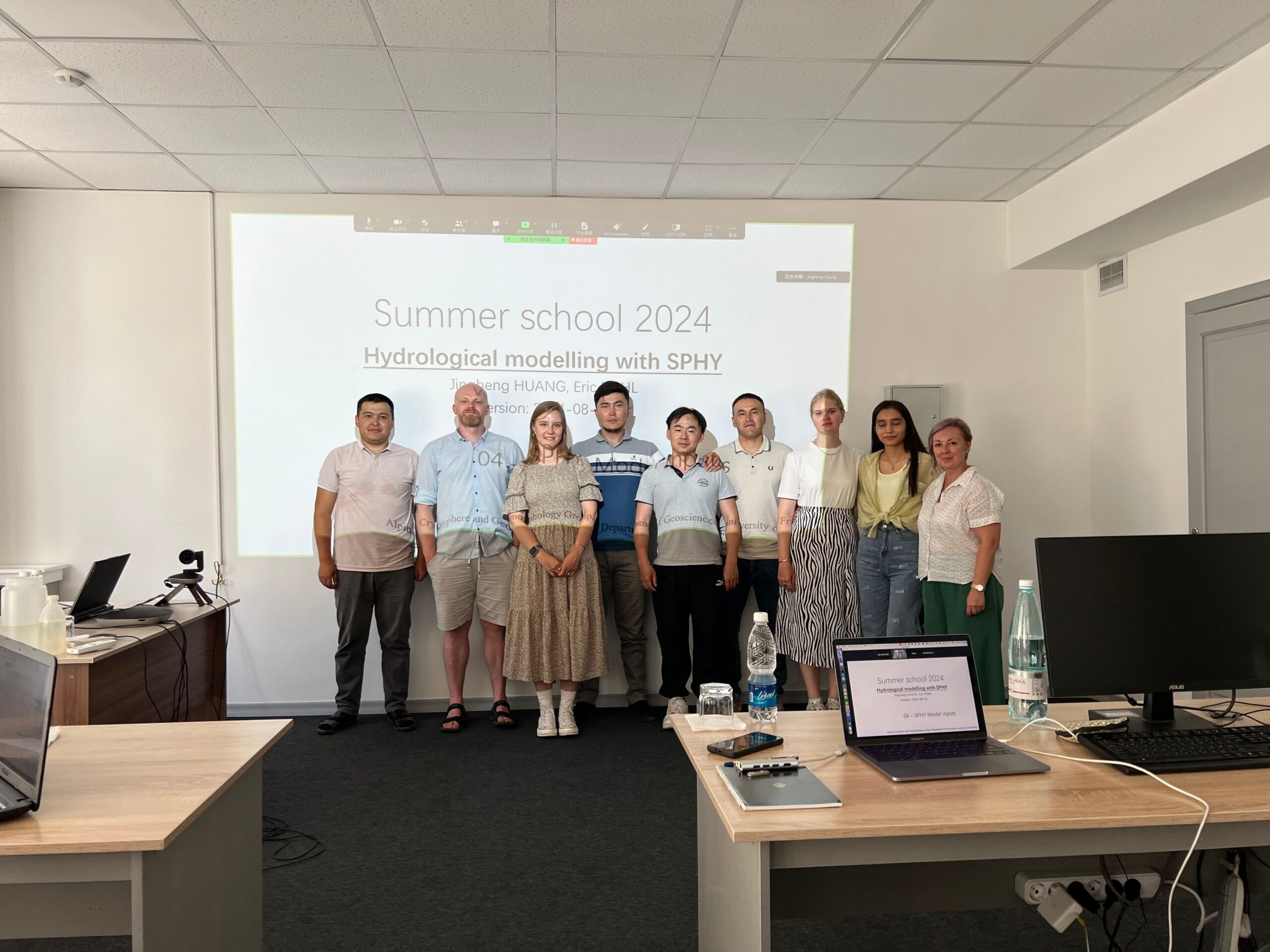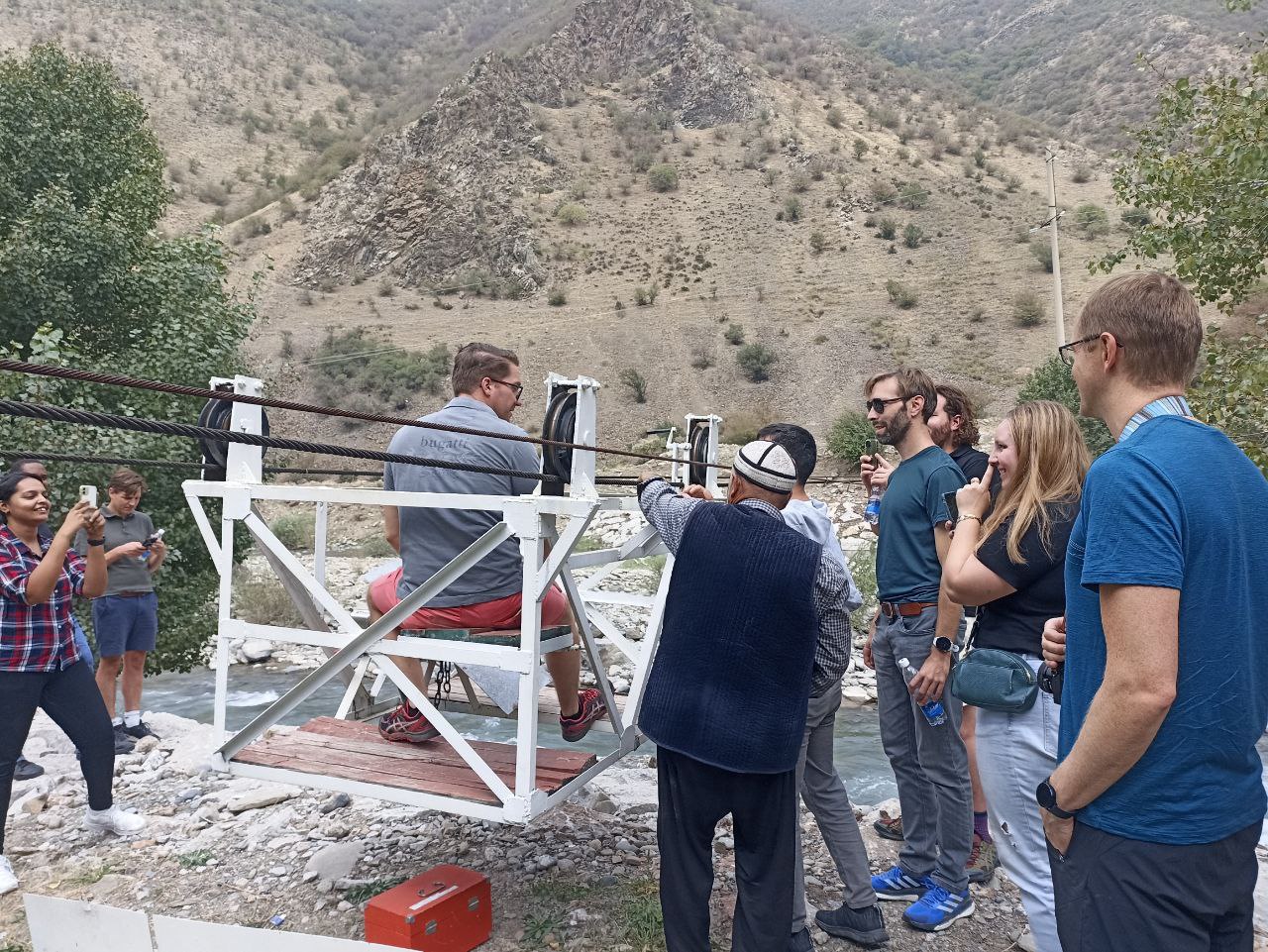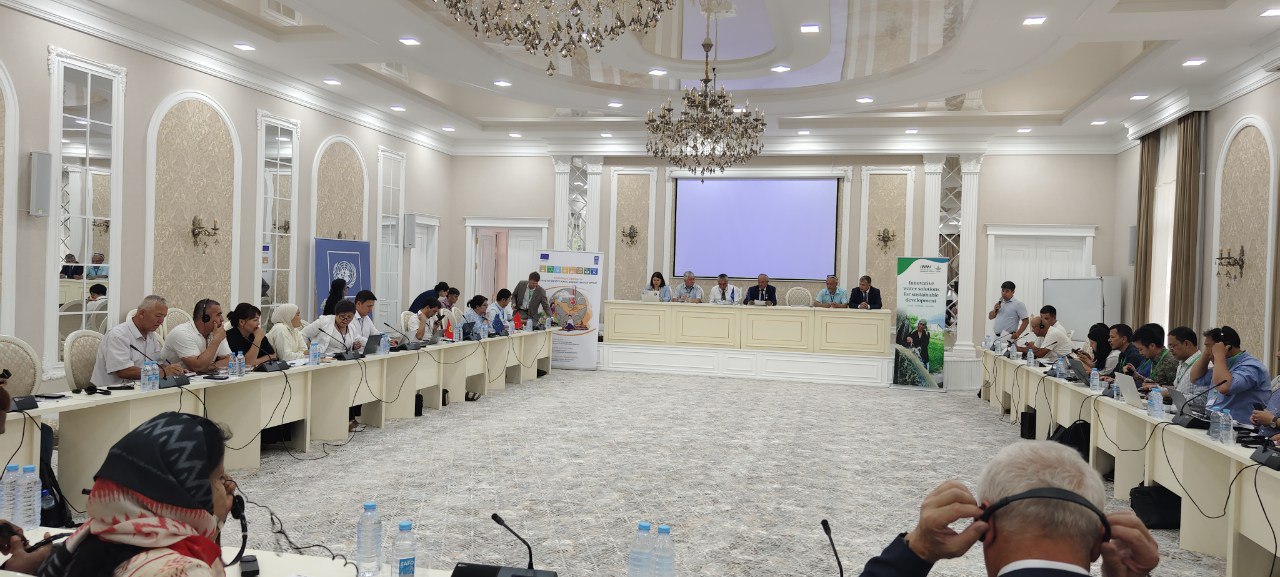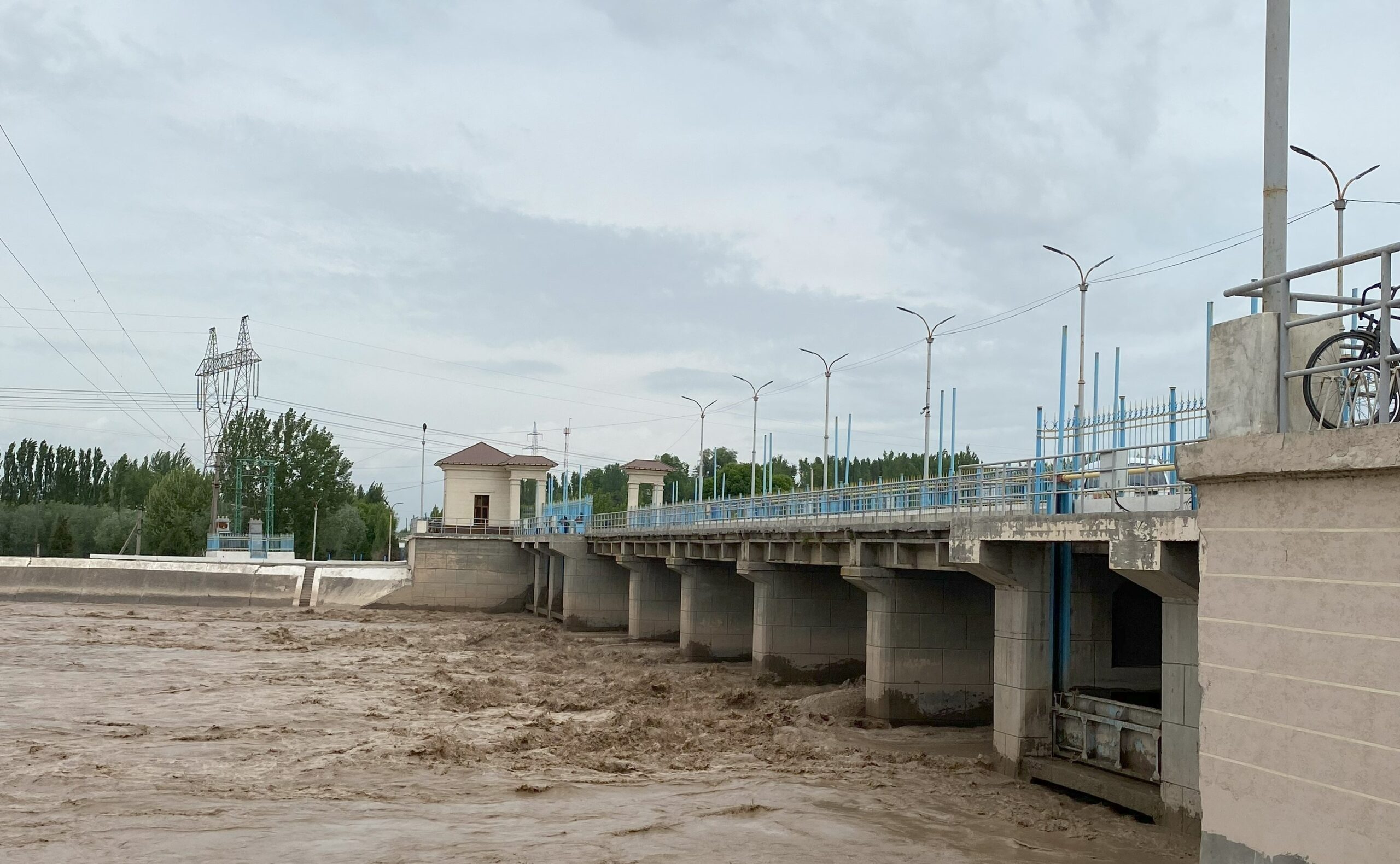Fergana, Uzbekistan — Last week, the International Water Management Institute (IWMI) organized an insightful workshop “Transboundary Water Cooperation: Pathway from the Fergana Valley Experience to the Waters of South Asia.” This significant event, part of IWMI’s project “Build Water Storage in South Asia to Enhance Water Security in the Region,” was co-organized with UNDP Kyrgyzstan and the WE-ACT project. The workshop took place on June 27, 2024, at Hotel Asia in Fergana, Uzbekistan, and was conducted in English and Russian.
The Importance of Transboundary Water Resources
Water resources in Central Asia play a crucial role in ensuring both food and energy security at national and regional levels. The effective management of these resources is vital for the sustainable development and stability of eco-climatic and social systems in the region. The Fergana Valley, characterized by its high population density and vulnerability, is a key area where climate change, population growth, and increasing water consumption are pressing concerns. These factors underscore the importance of transboundary dialogue and cooperation.
A Unified Effort for Water Security
The workshop brought together specialists and experts in water resources management from Central and South Asia to share experiences and insights. The objective was to introduce participants to the integrated water resources management practices in transboundary river basins, particularly focusing on the Syrdarya River sub-basins in Kyrgyzstan and Uzbekistan. The event highlighted the latest developments in water cooperation, the ongoing study of challenges faced in the basin, gender approaches, and technological environmental solutions.
Key Discussions and Presentations
- Transboundary Dialogue and Cooperation: Participants emphasized the need for an effective system of joint consideration of transboundary water resources management. Constructive cooperation between states can serve as a model for other regions facing similar challenges.
- Climate Change and Demographic Growth: The workshop underscored the impact of climate change and demographic growth on water resources. It highlighted the importance of sustainable water management practices to address these issues.
- Gender Approaches and Technological Solutions: Discussions included gender approaches and the implementation of technological solutions to enhance water management practices.
- Learning from the Fergana Valley: The experiences from the Fergana Valley provided valuable lessons on managing water resources in densely populated and vulnerable regions.
Looking Ahead
As the world faces increasing challenges related to water security, initiatives like this workshop are crucial. By fostering cooperation and sharing best practices, regions can work together to ensure sustainable water management and security. The lessons learned from the Fergana Valley experience are invaluable, providing a pathway to address water challenges not only in South Asia but globally.

